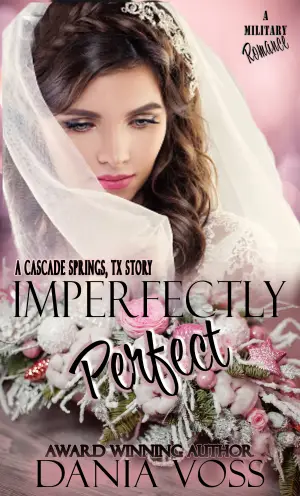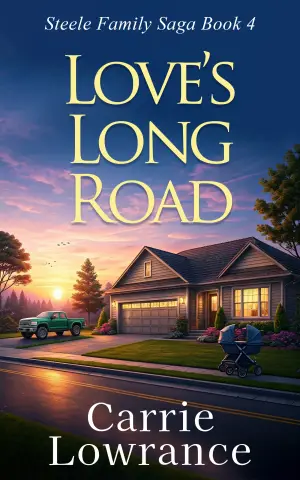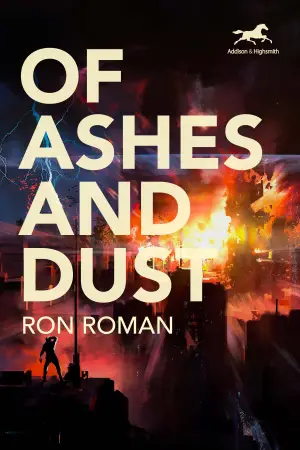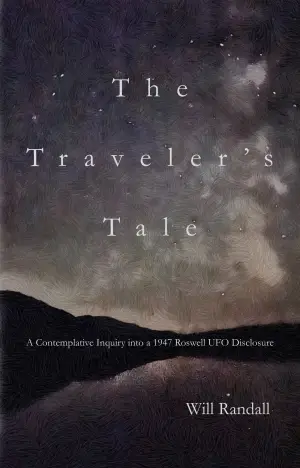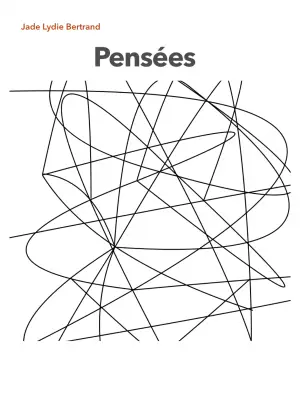Review: House of War and Bone (Gilded City, #2) by Marissa
As a devoted follower of Marissa’s work, I was eagerly anticipating the next chapter in the Gilded City series with House of War and Bone. This sequel promised to dive deeper into the complexities introduced in the first book, but I found myself wrestling with more than a few frustrations throughout the journey.
A Stagnant Yet Familiar Landscape
One of my initial impressions was the immobilizing sense of confinement in the worldbuilding. The story arcs between the prison, Bane Manor, the Academy, and Avis Apothecary feel uninspired and restricted. For a series that promises intrigue and magic, I found the environments to be curiously devoid of life. Instead of fully immersing us in these locations, Marissa often relied on the characters’ interactions to breathe life into them. Unfortunately, characters often felt like mere NPCs in a video game, delivering predictable lines and going through the motions without engaging depth or originality. A hidden city of demi-god fae felt less like an immersive experience and more like a visiting card with minimal elaboration—it left me wanting far more than what was served.
A Lackluster Plot and Pacing
When it came to the narrative’s pacing, the textures of the plot felt over-stitched and disjointed. It seemed as though Marissa had a handful of engaging scenes in mind but needed filler to stretch the narrative into a full-length book. Random encounters—like the abrupt dream sequence with Ayrion and the entrance of the Grim—felt shoehorned in and did little to enhance the overall storyline. By the time powerful magical figures entered the fray, they felt more like plot devices—a quick segue into future dilemmas—rather than fully developed characters or interactions.
Flat Character Arcs
Characterization, too, was a significant hurdle. While the setup painted a picture of evolving dynamics between characters, we mostly saw regressions or barely any growth at all. Hayes, once a villain, seemingly transformed overnight into a "good guy" with half-hearted justifications. The interactions devolved into eye-roll-inducing dialogue that bordered on juvenile. The decision to bring characters like Eden into the foreground momentarily only heightened the confusion as they were woefully underexplored when they should have stirred deeper connections.
Writing Style and Themes of Forgiveness
Marissa’s writing often oscillated between informal slang and moments of unexpected maturity, which left me feeling both amused and bewildered. Phrases like "bestie" jarred with the more adult themes that emerged without proper transition, creating tonal hiccups. The overarching theme of forgiveness, while meaningful, appeared overly simplistic. It sent a message that felt ironic—endless chances with little acknowledgment of conflict resolution told through a narrative that often shied away from complex character development.
Final Thoughts
While House of War and Bone may not fully deliver what devoted readers might hope for, it certainly has elements that will resonate with fans of light fantasy. The series continues to offer a glimpse into a world teeming with promise, despite its flaws. If you enjoy stories with magic and an optimistic view of second chances, this book might serve you well for light escapism.
Ultimately, my experience left me hopeful that future installments will dig deeper into character complexity and world richness, crafting a more engaging story that truly does justice to the potential laid out in the first book.
Discover more about House of War and Bone (Gilded City, #2) on GoodReads >>




